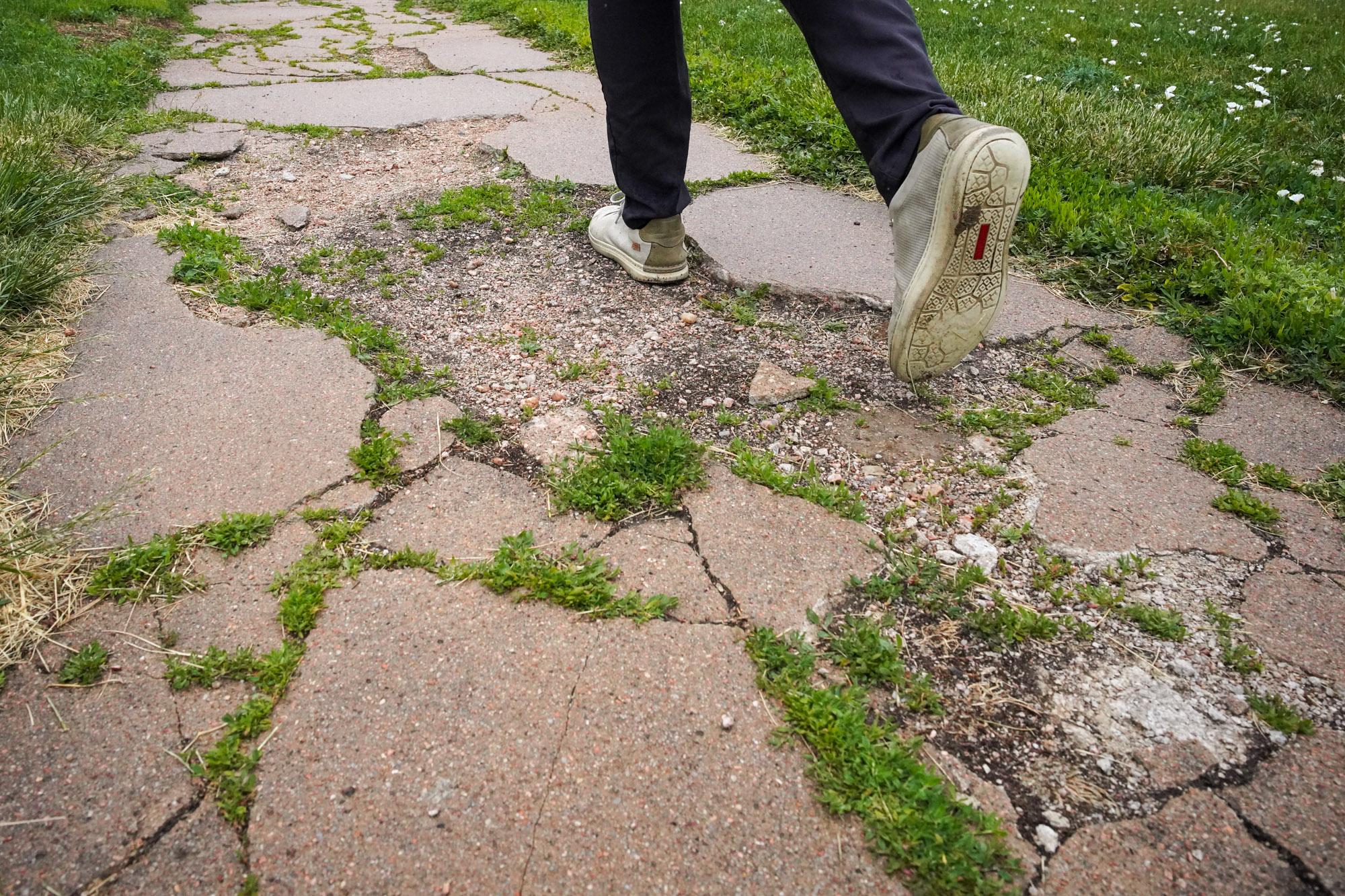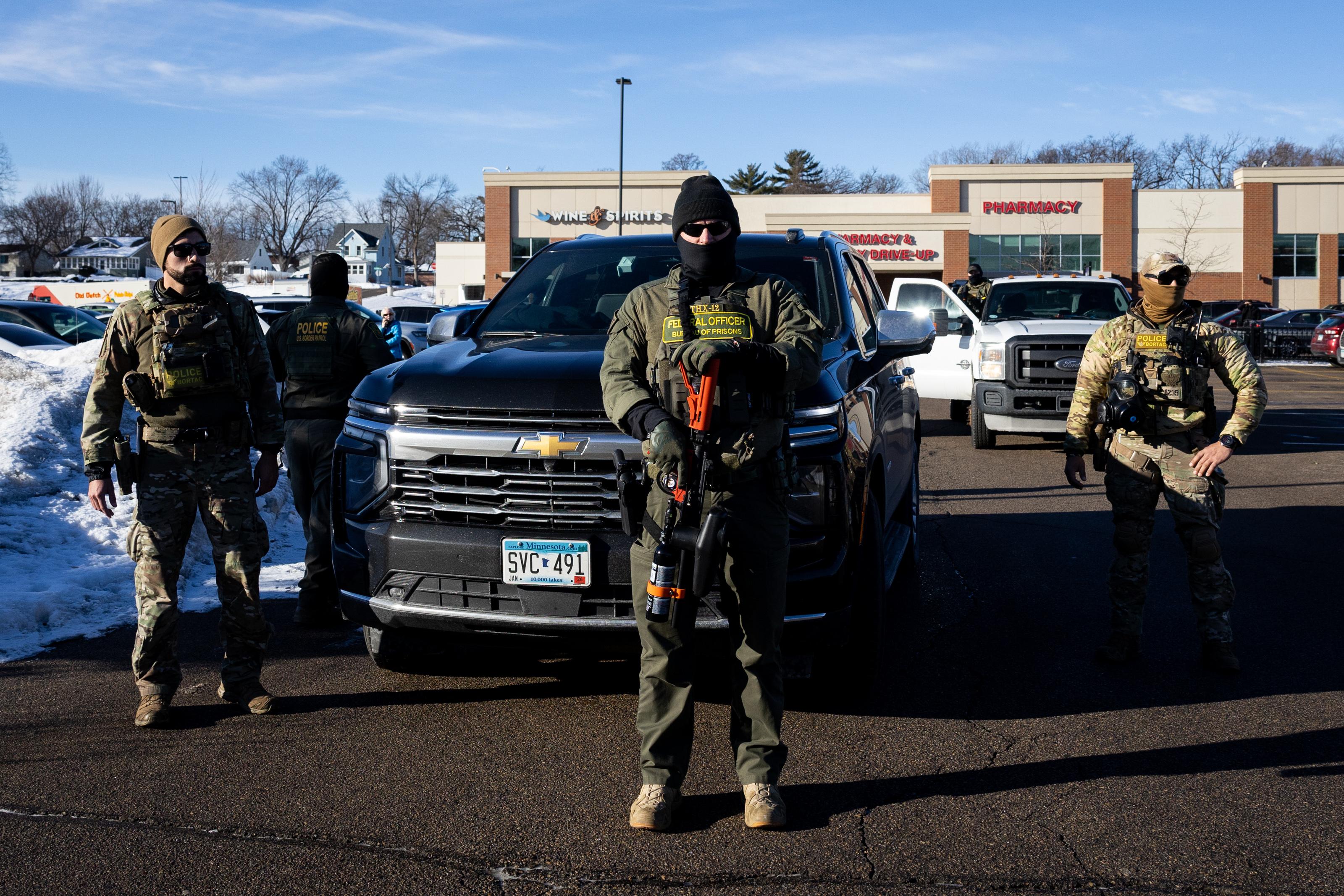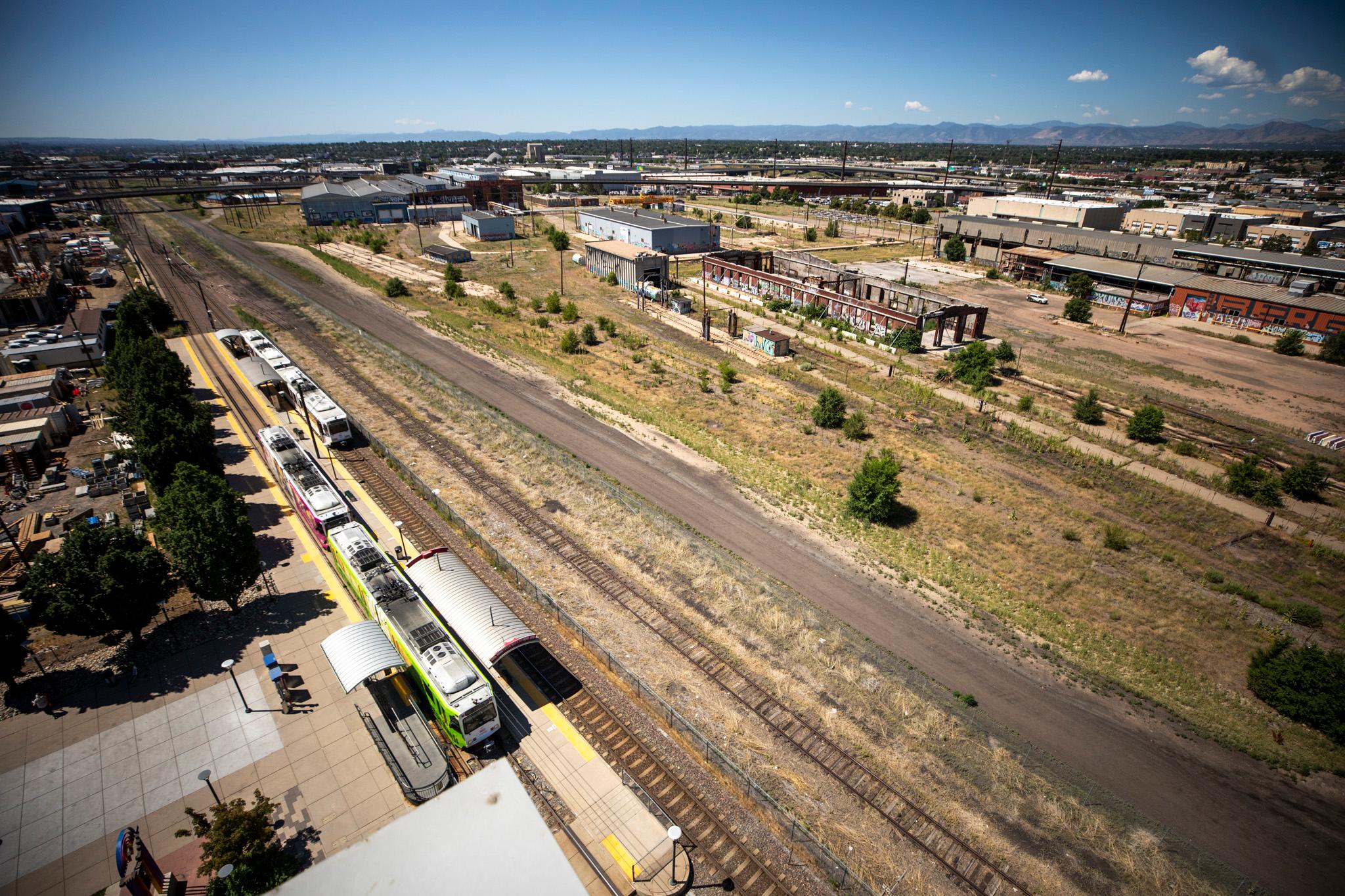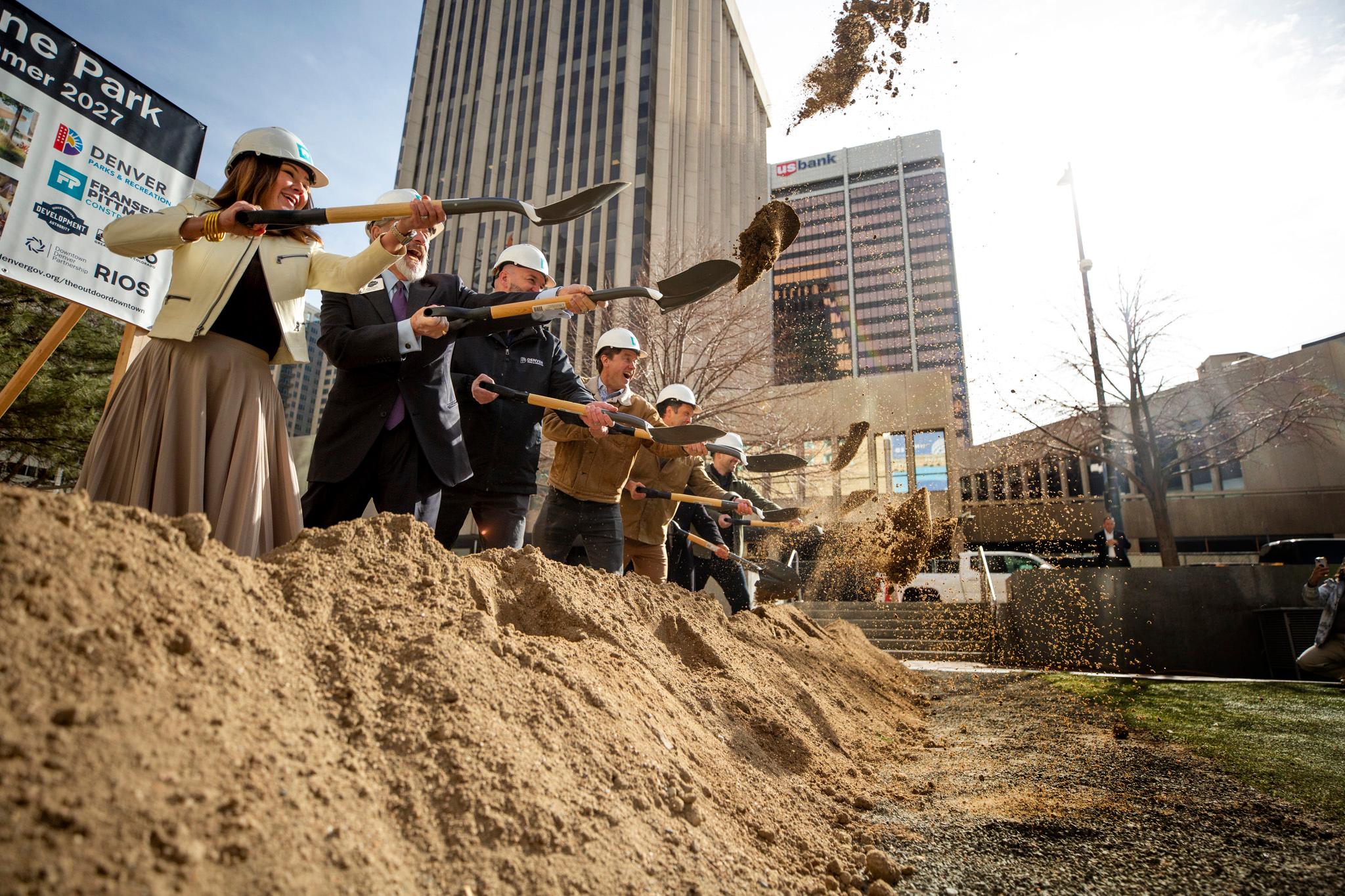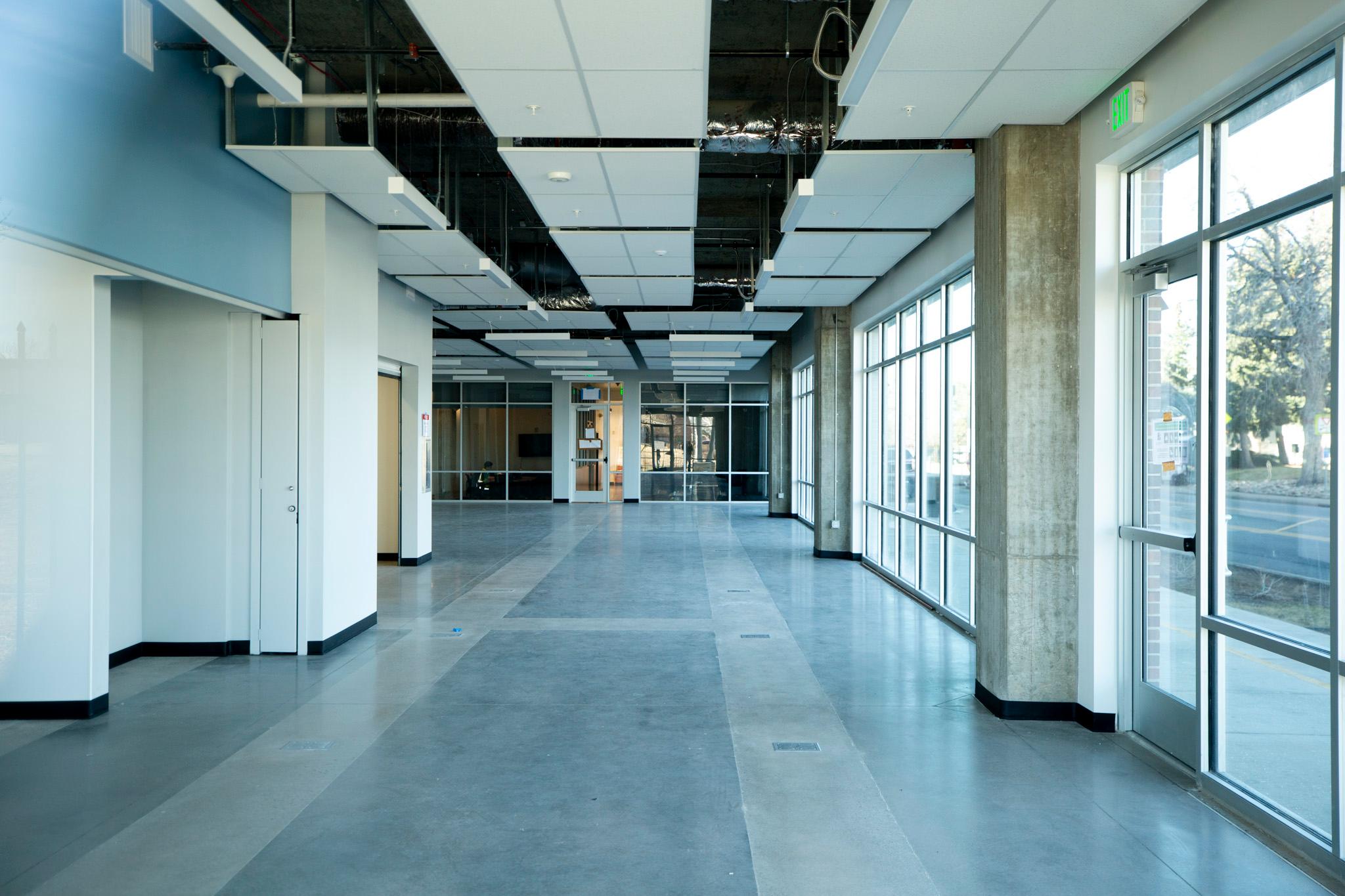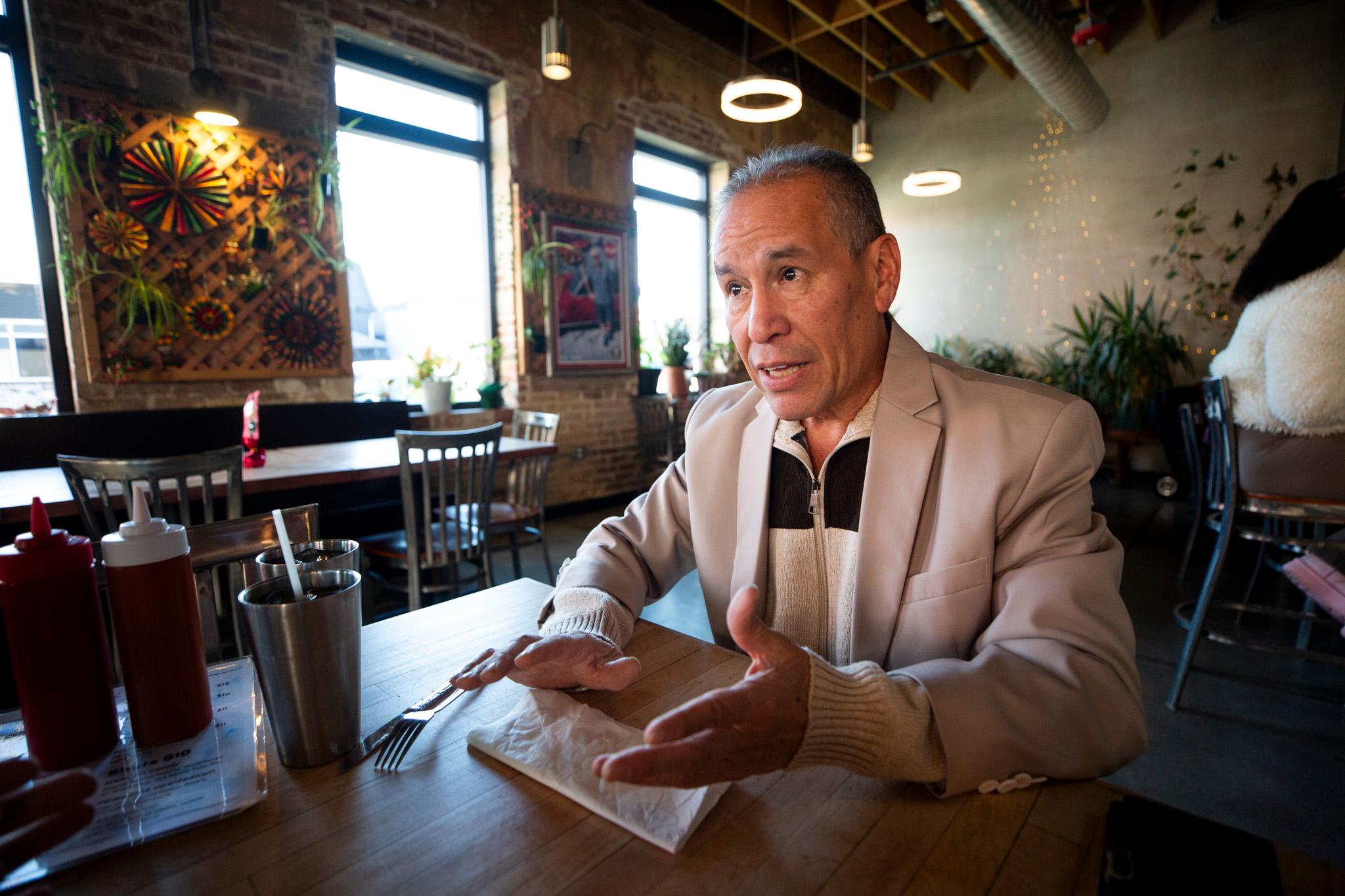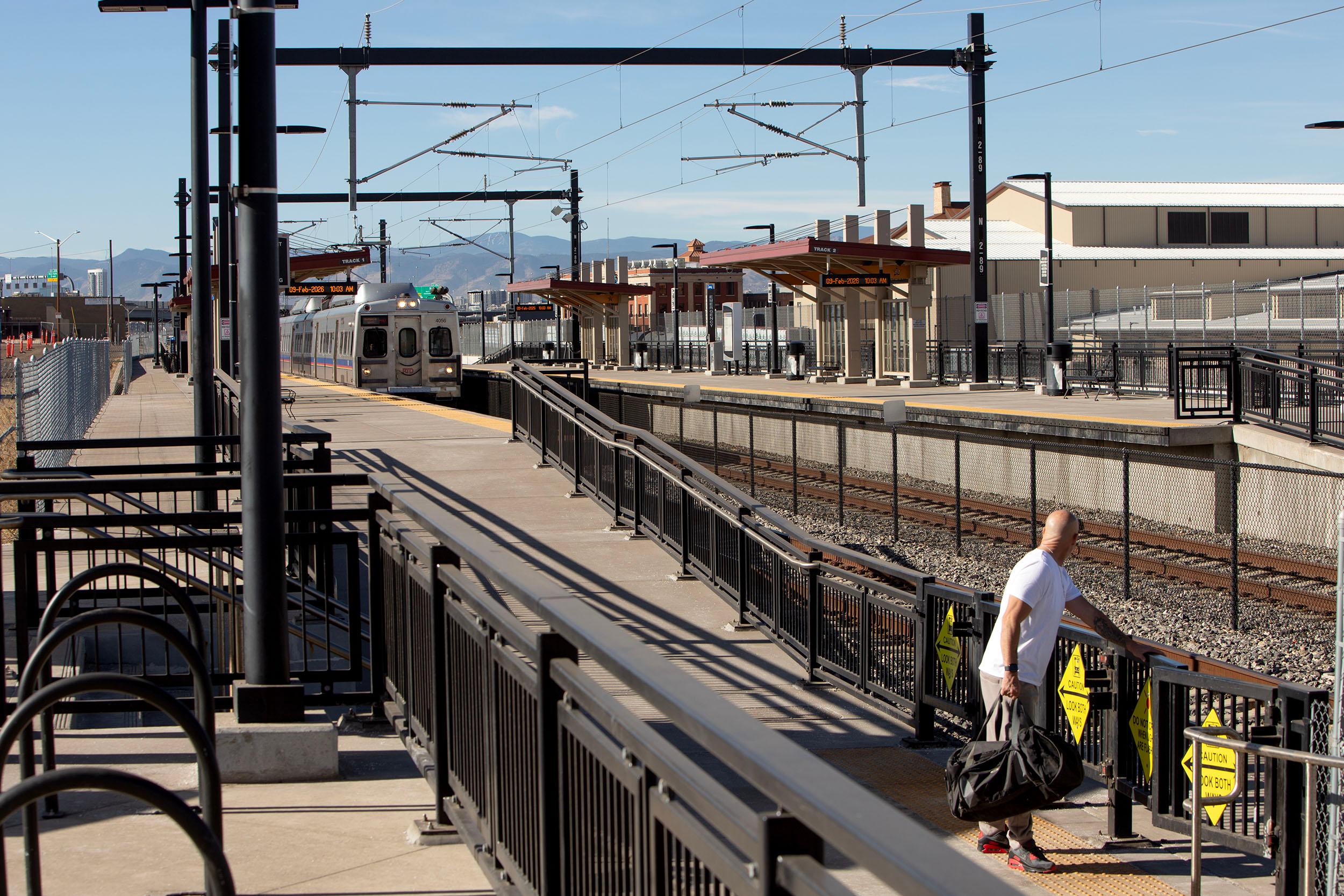A new fee that would raise money to build and fix sidewalks was supposed to take effect in January.
Then in July.
Now, that timeline could be pushed yet again to January 2025.
City Council will consider a bill doing just that in committee on Tuesday, June 4.
Voters passed the policy with about 55 percent of the vote in November 2022, a win for transportation and disability advocates urging Denver to take urgent action on the state of pedestrian infrastructure.
The committee working on implementing the fees wants to postpone the start of the program by another six months to give the city more time to tweak the fee structure and prepare to start billing residents.
“It's frustrating that we have to delay yet again, but the reality is, logistically, it just wouldn't have been possible for the city to start collecting the fees in July, because we are just finalizing the recommended changes to the fee now,” said Jill Locantore, executive director of Denver Streets Partnership and one of the key advocates for the ballot measure back in 2022.
“We are feeling very confident that the recommendations that the committee is putting forward are very solid, that City Council will move forward with them very expeditiously, and we should have no problem with starting to collect the fees in January,” Locantore said.
The original program would have charged property owners based on how many feet of their property faced the street. But that’s changing
The initial structure would have also levied higher fees for properties on busier roads. It included a discount aimed at low-income residents, but only for people living in certain neighborhoods.
Last year Denver released a cost calculator where property owners could see how much they could expect to pay annually. While most residents found they could expect to pay between $100 and $200 per year, some found themselves looking at $500 or more annually.
City Council proposed initial rule changes in February for single-family homes, setting more standard fee rates based on property type rather than linear foot of property frontage, and expanding who could get low-income discounts. But Kashmann said the committee realized they needed to look at the entire program, including multi-family and commercial buildings, not just single-family homes.
Now, Denver is postponing the program start again because the city needed extra time to work on those changes to the fee structure. Plus, the city needs more time to build out a system for billing and managing the system.
“We needed to kind of reopen the whole ball of wax,” said City Councilmember Paul Kashmann, who is on the committee.
Next, City Council will vote on the plan to postpone the program, and later, on a bill altering the fee structure. That would position the city to start collecting the fees in January 2025.
It’s still unclear how much money the fee will generate and how long it will take to build out and fix city sidewalks.
In 2022, the backers of the ballot measure said the program would raise more than $40 million per year that, using bonds, could ultimately generate $850 million to fully build out Denver’s sidewalks in nine years.
But a city analysis found the program could face shortfalls of $2.8 billion in those nine years and ultimately take nearly 30 years. It’s still unclear the true timeline and cost of the program.
“There's still a lot of work to do to truly understand exactly what the cost is going to be,” Locantore said. “We're all making our best guesses at this point based on the information that's available, but this is a brand new program that's really unprecedented, and we just need to get started on the work.”

